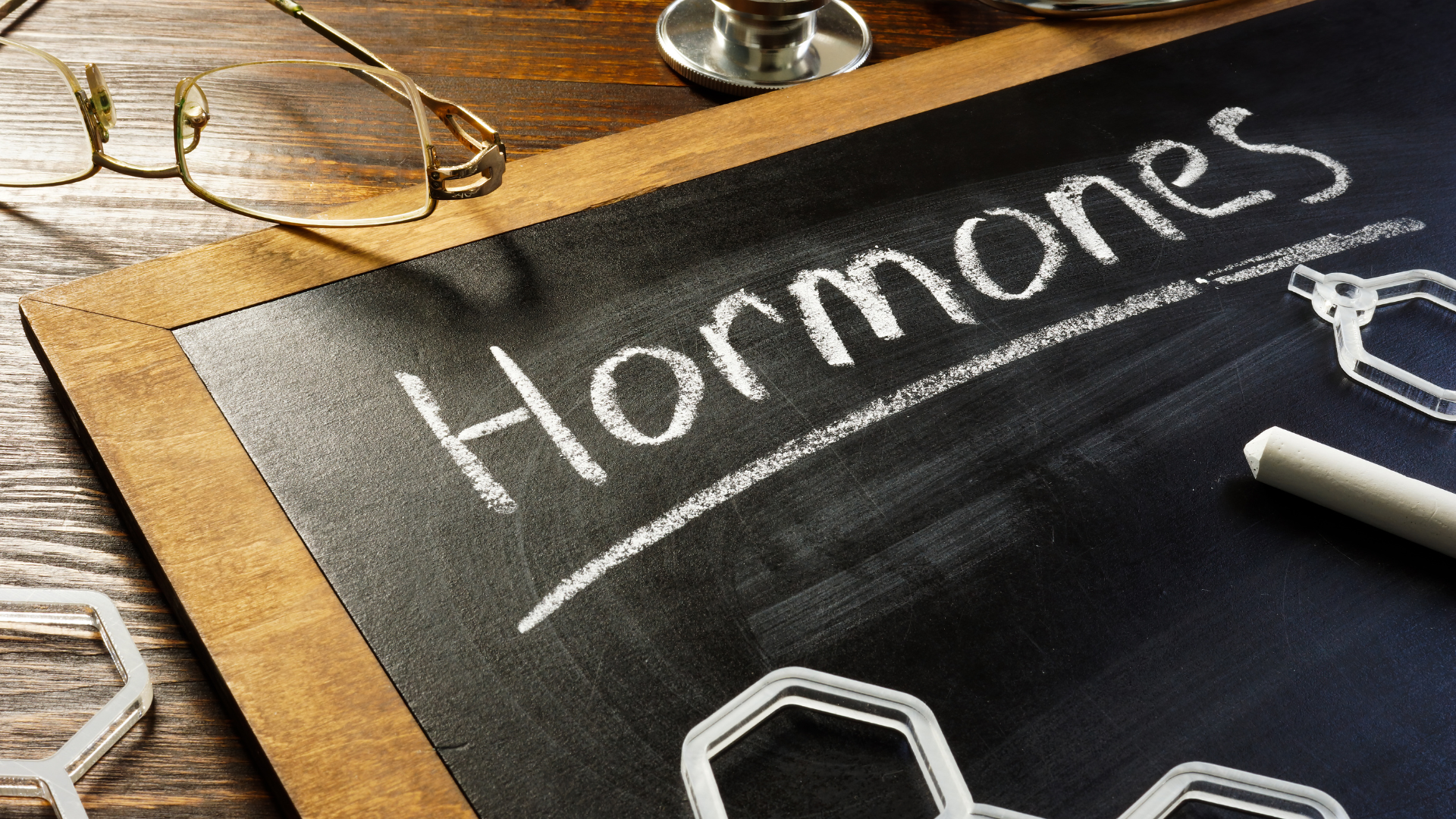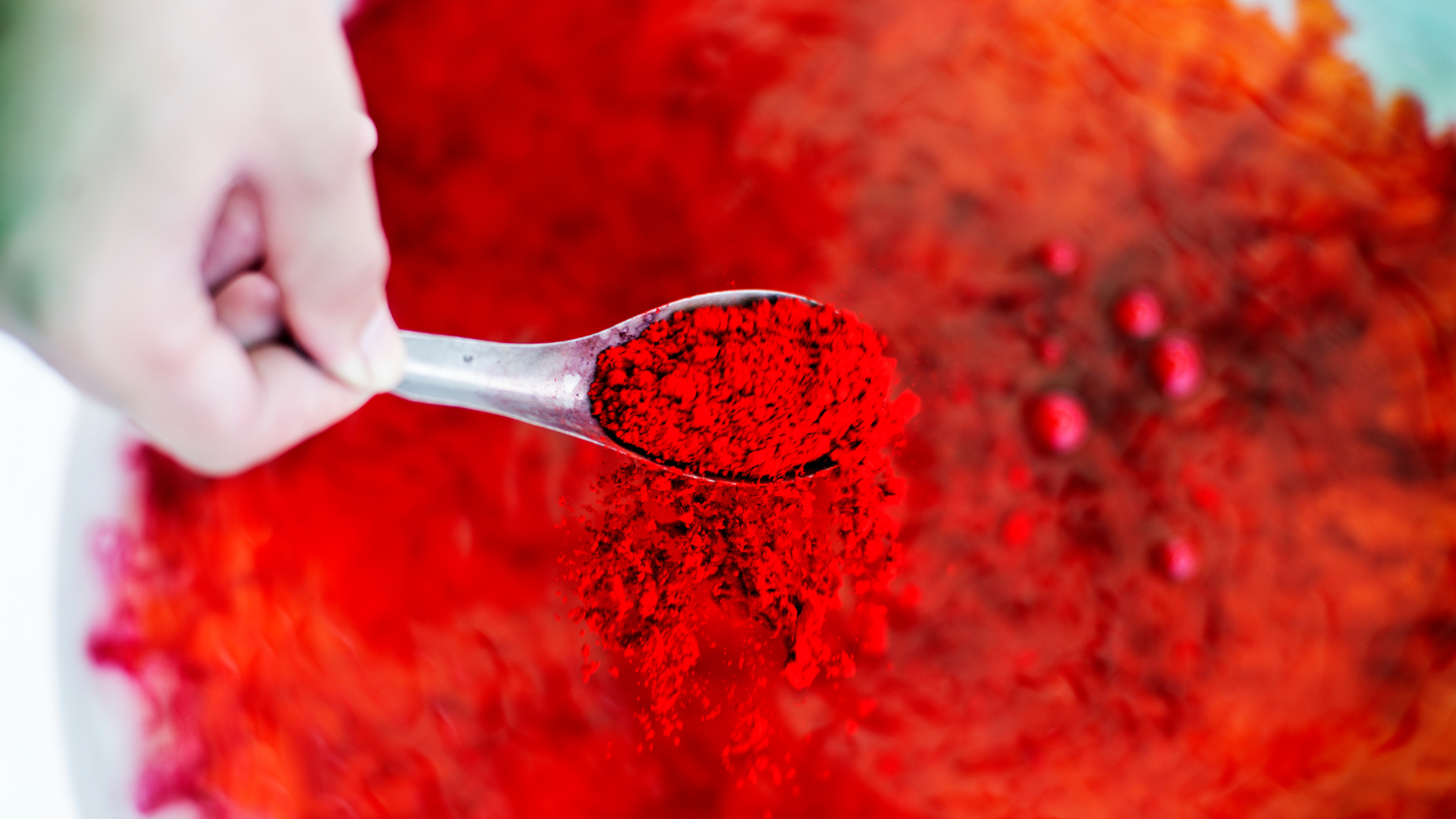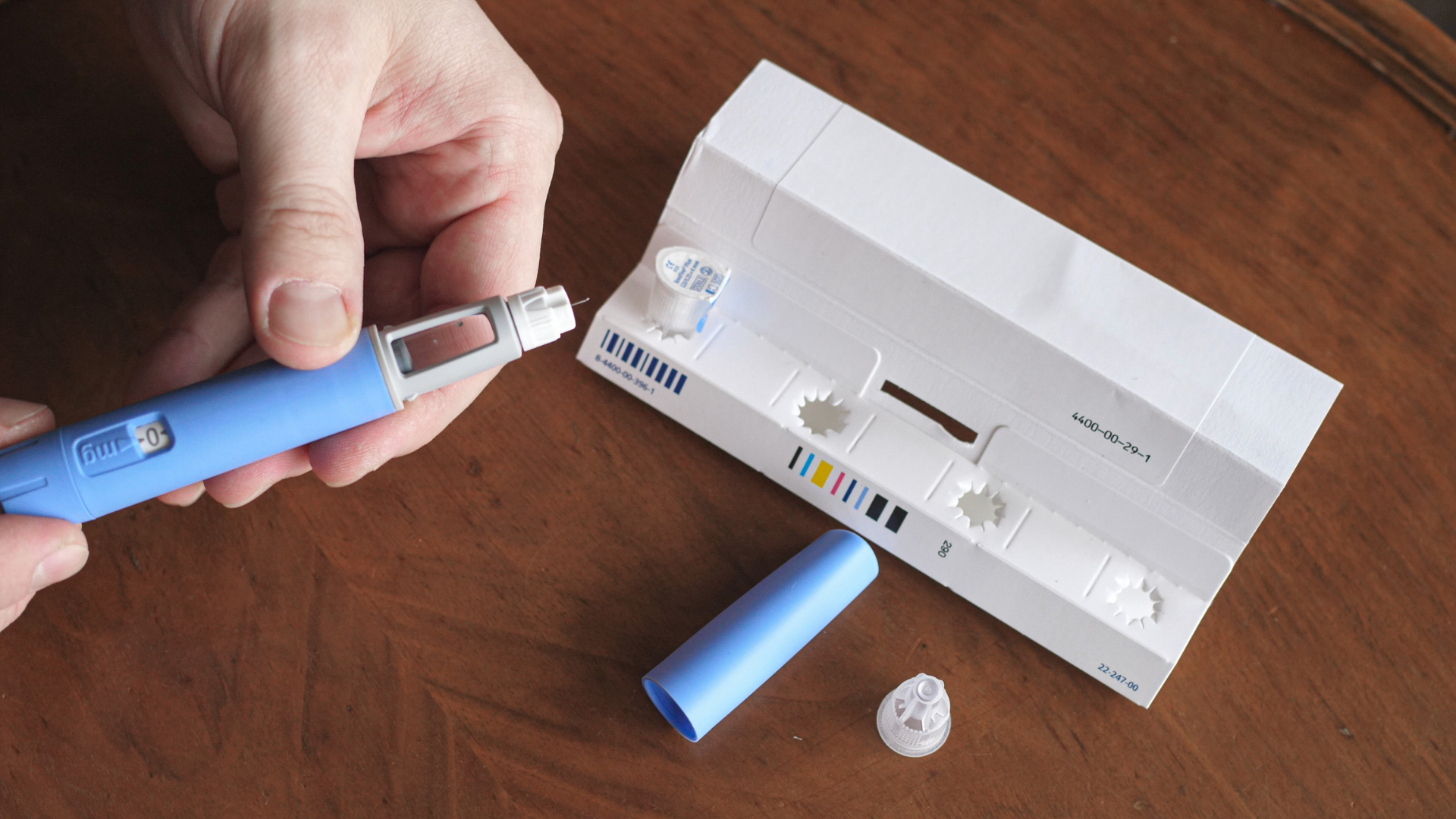After having reviewed thousands of blood lab work results with patients, we usually get a handful of the same questions and/or concerns from our men that have low testosterone. The main question that we get is: “well Doc, what happens I don’t do anything about it?”, and honestly that is a very valid question which we believe warrants an in-depth explanation. So here it is…let’s dive into the fascinating, yet crucial topic of testosterone, specifically the detriments of having low levels of this vital hormone in the body. Testosterone, often touted as the ‘king of hormones,’ dramatic I know, plays a pivotal role in a wide array of bodily functions, ranging from muscle mass and bone density to libido and mood regulation. When levels dip below the optimal threshold, the effects can be far-reaching and significantly impact one’s quality of life. The tricky part is that the American Medical Academy states that the optimal threshold is between roughly 300-1,000. That is an absurdly broad range, and there is no way that a man at 325 will feel the same as one that sits at 900. That is why it is important for you to do your homework, sit with qualified professionals, and make an educated choice on which treatment route is best for you.
Firstly, low testosterone can be a major culprit behind diminished muscle mass and strength. There are many experts (ie Peter Attia) stating the one of the most important factors for Longevity is strong muscles as we age, and testosterone is instrumental in building and maintaining muscle. When levels fall short, individuals may find their efforts at the gym less fruitful, which can be frustrating for those striving to maintain, or improve their physical condition. This reduction in muscle mass also slows down metabolism, making weight management a tougher battle than it already is.
Bone density takes a hit too. Testosterone helps in the production and strengthening of bone tissue. Lower levels mean bones become more fragile and susceptible to fractures, a condition that becomes increasingly concerning as one ages, raising the possibility of osteoporosis.
Now don’t think that it’s just the physical aspects that suffer when someone has low testosterone. Testosterone also influences mood and mental health. Low levels have been linked to feelings of depression, irritability, and a general decrease in well-being. The mental fog, difficulty in concentrating, and lack of motivation can severely impact daily life, professional performance, and personal relationships.
Speaking of personal relationships, let’s not overlook the impact on libido and fertility. Testosterone is a key driver of sexual desire and reproductive health. Low levels can lead to a decreased interest in sex, erectile dysfunction, and even fertility issues, posing not just a personal challenge, but also potentially affecting intimate relationships.
Lastly, low testosterone can contribute to fatigue and a lack of energy. Without adequate levels of this hormone, the body struggles to maintain its usual vitality, making even routine tasks seem daunting.
To recap, maintaining optimal testosterone levels is crucial for both physical and mental health. The detriments of low testosterone underscore the hormone’s importance in various critical bodily functions, highlighting the need for awareness and proactive management of its levels for overall well-being. Our expert team of Anti-aging Doctors are here to assist you in assessing, evaluating, and recommending lifestyle and clinical protocols. For more info on “how to” read your own labs, see our BLOG on lab interpretation skills here. We offer various hormone-based and hormone-free programs to help you reach optimal levels to bring you back to being the ‘you’ that you remember. Reach out to BioCure Health for a complimentary consultation by mentioning this BLOG, call or text us at 754-206-0838.







